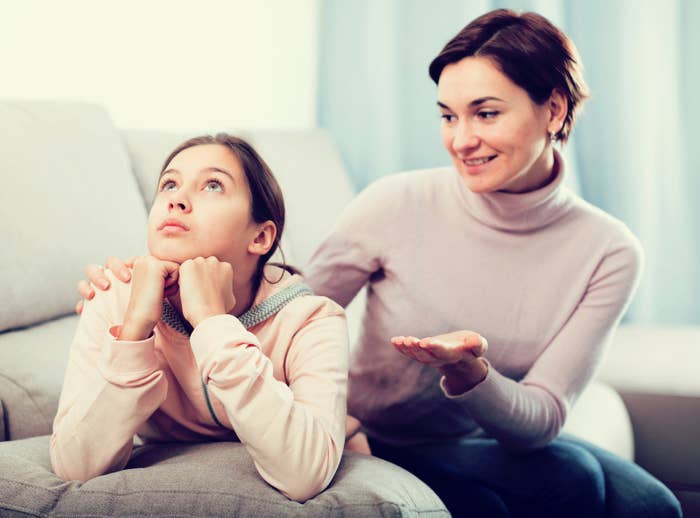Most Australian mothers who participated in a survey speak to their teenagers about sexual health, but many of them still believe misconceptions about sexually transmissible infections (STIs) and emergency contraception, according to new research.

The survey of 195 parents (92% mothers) by not-for-profit sexual and reproductive health provider Marie Stopes Australia, found the average age participants first talked to their teenagers/children about sexual and reproductive health was before the kids turned 10.
More than half (56%) of parents correctly said abstinence was the only way to prevent STIs and
Parents recognised that abstinence is the only way to prevent STIs (56%) and 30% of those correctly guessed that condoms were the next best method.
Some (14%) of parents had poor or no knowledge around STI prevention.
Despite this, 75% of those surveyed said they had spoken to their teens about STIs and 87% about contraception.
The research comes the day after another study found there had been a 63% rise in gonorrhoea diagnoses in the past five years in Australia.
Even with the introduction of the national cervical cancer vaccine program, of all infections parents were the least familiar with human papillomavirus (HPV).
All Australian women aged 33 and under have been offered free vaccination against potentially cancer-causing HPV types 16 and 18, while women over 33 have not.
But the HPV vaccine currently in use only protects against 70% of the HPV types that can cause cancer, so it is still important for all women aged 18 to 70 to attend a cervical cancer screening.
Many parents (49%) incorrectly believed emergency contraception only worked within 24 hours of unprotected sex and 20% incorrectly believed emergency contraception terminated a pregnancy.
More parents reported they either did not believe (43%) or were unsure (30%) if the sex education taught at their teen or child’s school was adequate.
Marie Stopes Australia found participants for the study via Facebook advertising.
